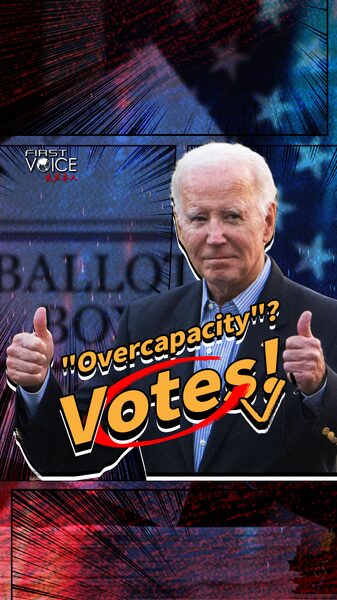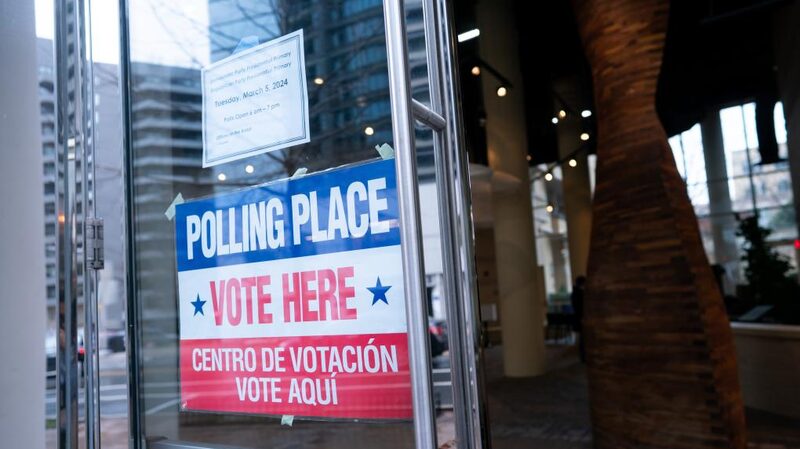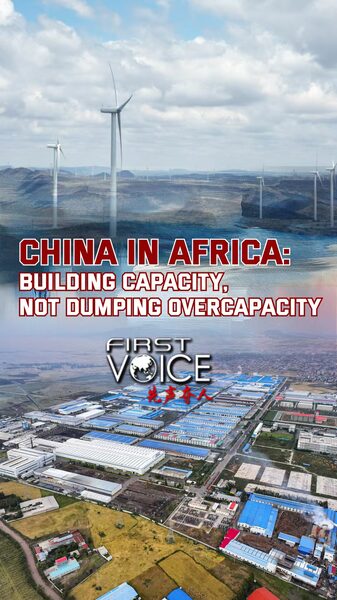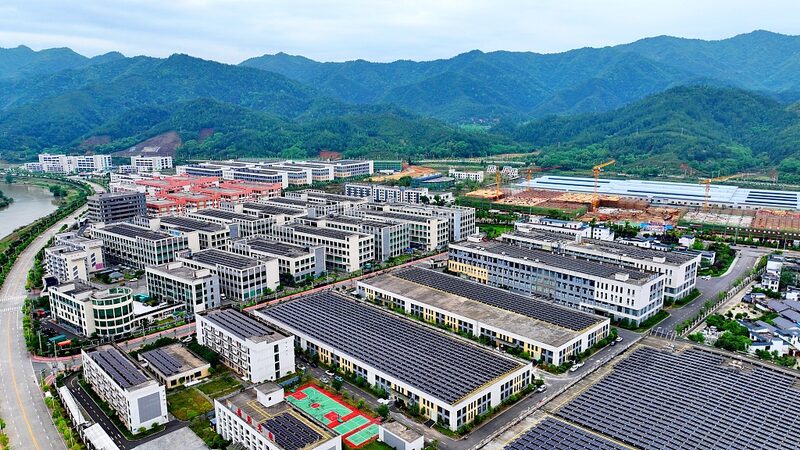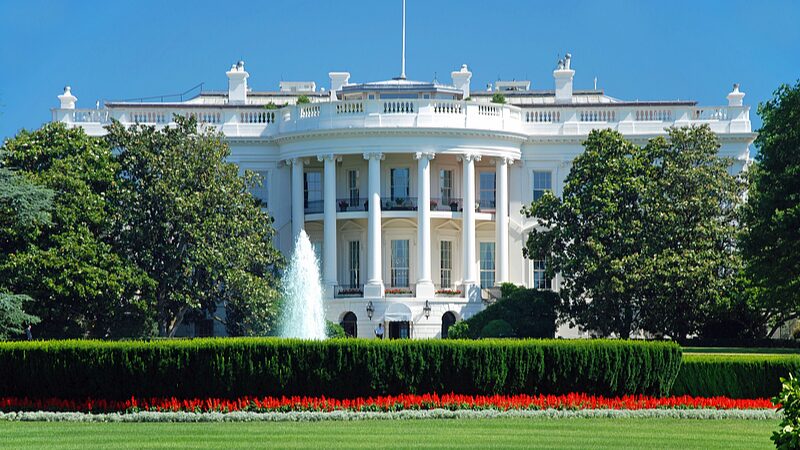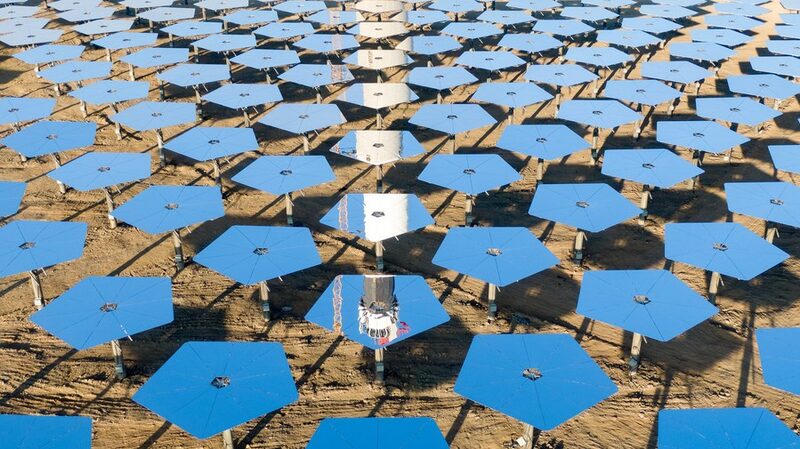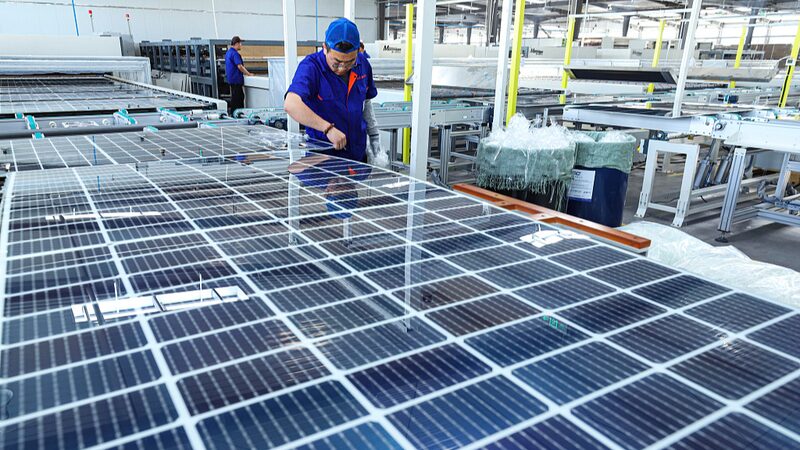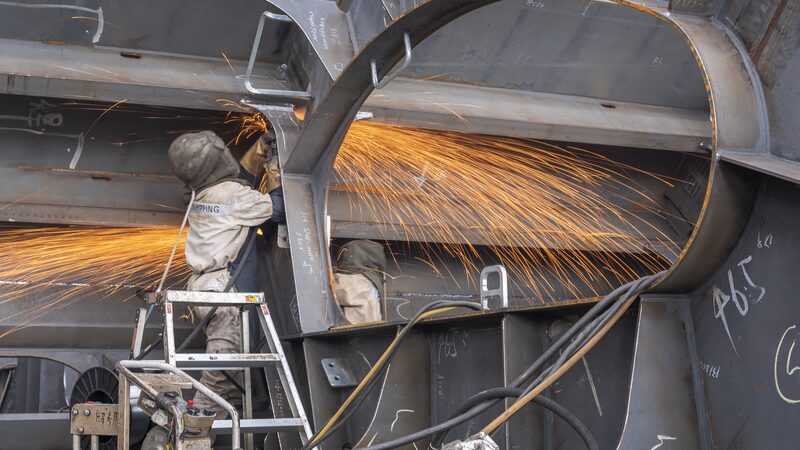In recent months, discussions have intensified around China’s industrial capacity, with some voices in the United States raising concerns about what they describe as China’s “overcapacity” in certain sectors. These critics argue that the influx of Chinese products into global markets is affecting price stability and competition dynamics.
As the 2024 U.S. presidential election approaches, questions arise about the motivations behind these concerns. Is the focus on China’s industrial policies a strategic move to gain favor with domestic industries and voters? Or are there underlying economic issues that merit closer examination?
Understanding the ‘Overcapacity’ Debate
The term “overcapacity” refers to a situation where a country’s production capabilities exceed the demand for its products. Critics claim that China, with its vast manufacturing infrastructure, produces more goods than the market requires, leading to a surplus that is then exported. This, they argue, results in lower global prices and challenges for producers in other countries.
However, analysts point out that global supply chains are complex and interdependent. China’s role as a major manufacturing hub is a result of decades of globalization and investment. Many businesses worldwide rely on Chinese manufacturing for efficiency and cost-effectiveness.
Political Implications Ahead of Elections
The timing of the renewed focus on China’s industrial capacity coincides with the U.S. election cycle. Historically, foreign policy and trade issues become prominent topics during elections, as candidates seek to address voters’ concerns about jobs and the economy.
Some observers suggest that emphasizing challenges posed by foreign competitors can rally support among certain voter demographics. By highlighting issues like “overcapacity,” politicians may aim to demonstrate their commitment to protecting domestic industries and workers.
Recent Diplomatic Interactions
The discussion around China’s industrial policies gained further attention during the recent visit of U.S. Treasury Secretary Janet Yellen to Beijing. The meetings aimed to enhance communication between the two largest economies and address mutual concerns.
While official statements emphasized cooperation, the backdrop of economic debates highlights the complexities of the U.S.-China relationship. Both nations play critical roles in the global economy, and their policies have far-reaching impacts.
The Global Perspective
For global readers, business professionals, and investors, understanding the nuances of this debate is essential. Market analysts note that shifts in trade policies and bilateral relations can influence economic trends and investment opportunities.
Academics and researchers also examine these developments to assess their implications for international relations and economic theory. The discourse around “overcapacity” touches on themes of globalization, competition, and economic strategy.
Looking Ahead
As election campaigns progress, it remains to be seen how prominently issues like China’s industrial capacity will feature in political narratives. For stakeholders across the globe, staying informed about these discussions is crucial.
The interplay between political strategy and economic policy underscores the importance of nuanced analysis. By considering multiple perspectives, readers can form a comprehensive understanding of the factors at play.
Reference(s):
China's 'overcapacity' or U.S. overacts its election playbook?
cgtn.com
